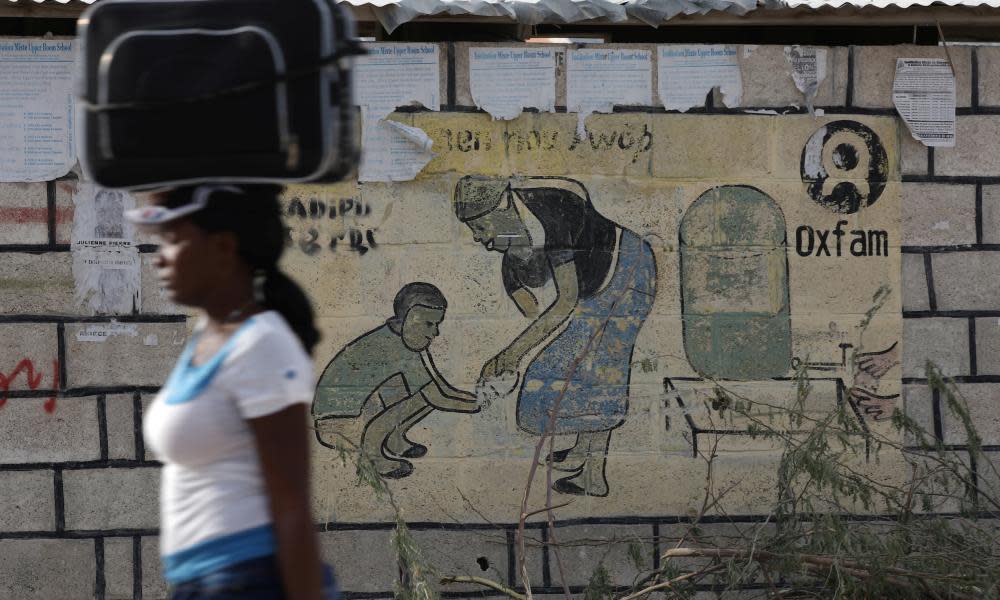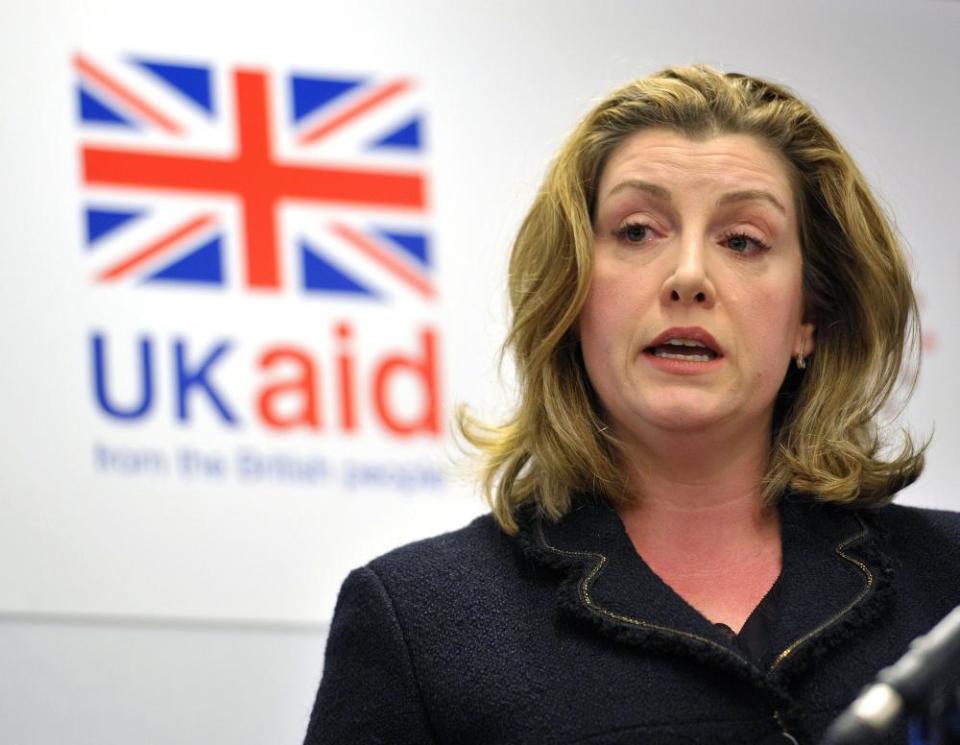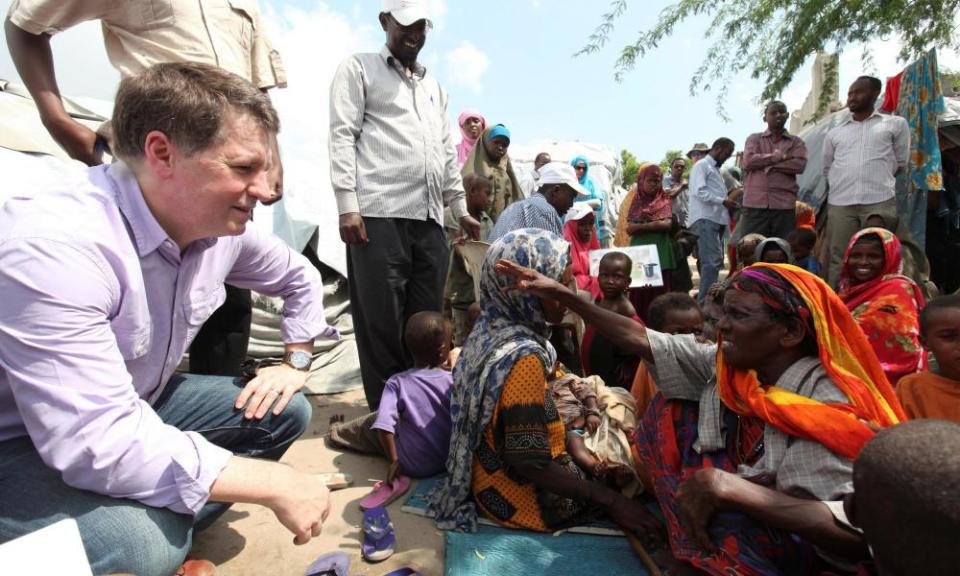Sex abuse claims expose a culture of large NGOs wrapped in self-delusion

There seems to be no let-up in the tsunami of sexual misconduct allegations in the international development sector, with the resignation of Unicef deputy executive director, Justin Forsyth, and a new call by Save the Children staff for its chair to resign.
I confess to having had my own experiences of gender-based bullying behaviour in an international NGO, with comments on the presence of my breasts in an all-male management meeting, or being told things such as, “I put a woman on my management committee, and see the trouble I get.” There are some great people in the sector, but the leaders are not always among them.
If the #MeToo moment proves anything, it is that the large NGO model has wrapped itself in a shroud of delusion. Any changes forthcoming – on safeguarding or a long-overdue passporting system for humanitarian workers – though important, will not be enough.
The sector remains vulnerable because its culture is deeply rooted in privilege, protection and defence of the status quo. Leaders – both men and women – need to accept that the model is based on a false premise: one of power in relation to those who give and those who receive.
As Mike Edwards writes: “For at least the last 25 years, there has been a lively debate about power, aid and NGOs, focusing on the inability of agencies to hand over control and share their resources …”
Now is the moment to reimagine the international NGO. The principles would have to start with solidarity – for those who are poor, for those who are fighting for justice, for people in times of humanitarian need. Aid agencies amplify issues on the global stage in a way that smaller organisations cannot do. From tax justice to debt relief, this is their power. But all too often the terms are pre-defined by those in Oxford, London or Washington. How can this power be transformed through solidarity?

A solidaristic aid organisation works alongside those who struggle, those at the sharp end of injustice. Rights, not services, are the priority. So where farmers are losing their land, you fight for land rights, not “jobs” in agriculture. In the humanitarian sphere, solidarity means prioritising the people’s capacity to respond to disaster – not necessarily shipping out “experts” to do the job.
From solidarity comes a need to reimagine ownership and accountability. In effect, NGOs are owned by their donors in the global north. A more networked organisation, made up of community-owned groups or co-operatives, could produce a model of mutual delivery, with accountability emerging from the bottom up, not the top down.
In the current model, accountability is about how much food was distributed, or how many girls were educated, to prove value for money to donors. A new model would redefine success – and be based on capacity, empowerment and voice. It would be more agile and responsive to local needs. This is far closer to Amartya Sen’s notion of development: one where democracy is important, where people’s capabilities and human rights are part of the mission.

There is also a need to reimagine scale. The turnover of some of the large NGOs now tops £1bn. That does not necessarily translate into impact. Smaller organisations in the south should be scaled up to respond to disasters or to campaign, and those dominating in the north scaled down. This is not the same as putting aid offices in the south, where big brands that “localise” already elbow out local agencies.
It is hard to see how some of the large aid agencies differ from either the private or the public sector
The sector will also require a reimagined funding model. Many NGOs are service deliverers for governments. Seventy-five per cent of Save the Children UK’s income comes from governments. Others take funds from corporates as affinity partners: it is hard to see how they differ from either the private or the public sector. Can we fight for justice without independence?
We also need to look at where money goes. Danny Sriskandarajah of Civicus reminds us that only about 1% of aid resources are spent directly in the south. Core concepts such as funding and independence will be central to a reimagined sector. Perhaps we need a new not-for-profit model to deliver services. All of this will require more diverse leadership, but structure and governance are equally important to ensure accountability to the grass roots. A reimagined leadership would enable a network of people across the world to be engaged in decision-making, to be part of building stronger capacities to overcome poverty.
Some are using this crisis to demand a cut to the aid budget. That would be a tragedy. We need aid. What we don’t need is organisations that promise to “solve” poverty and relate to their supporters on a “give us yer money” basis. Far from it: we need to challenge power, and neoliberalism. We need a more networked model based on solidarity: agile, diverse and fiercely independent.
Can the sector do better than battening down the hatches? It can. This is the moment to reimagine the NGO for what it could be.
Deborah Doane is a writer and consultant on international development and sustainability

 Yahoo News
Yahoo News 
